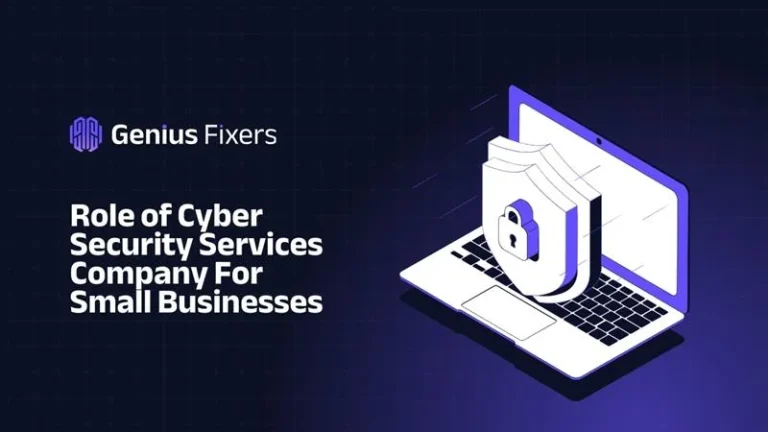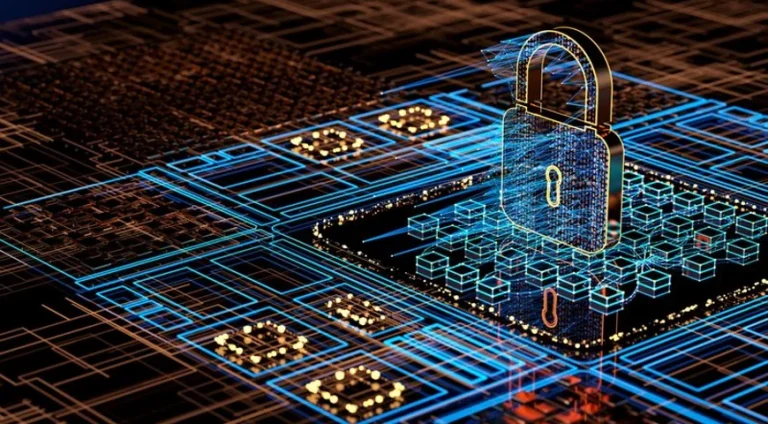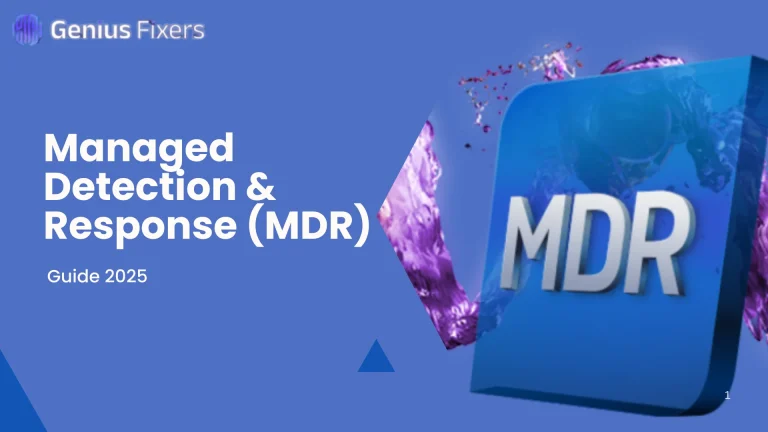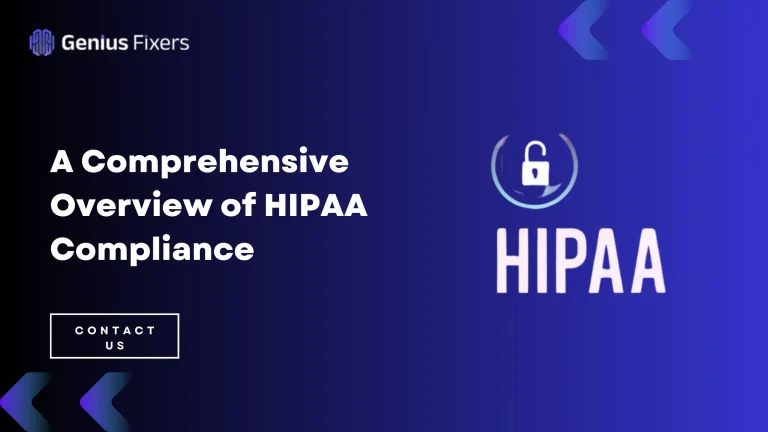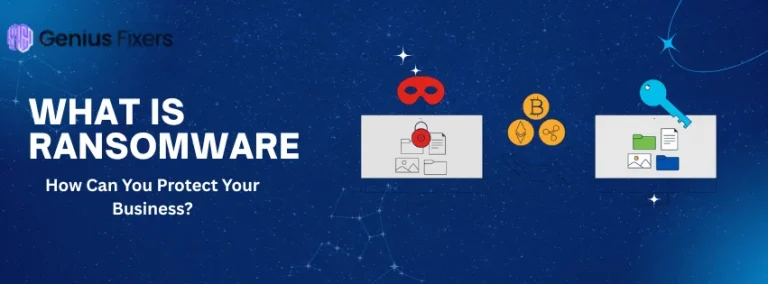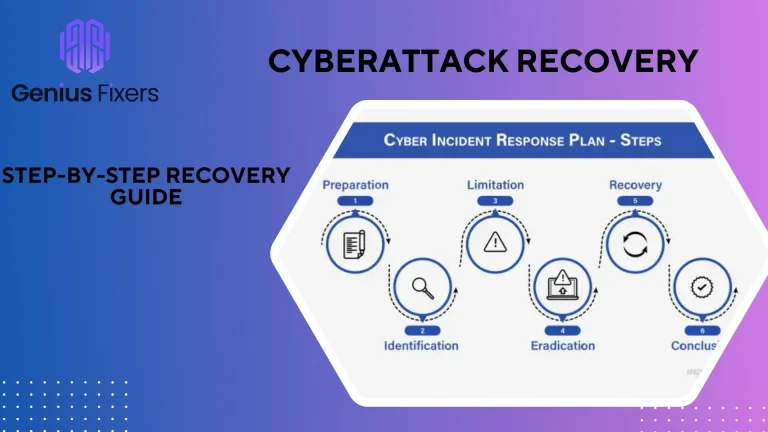Empowering Businesses with IT Solutions
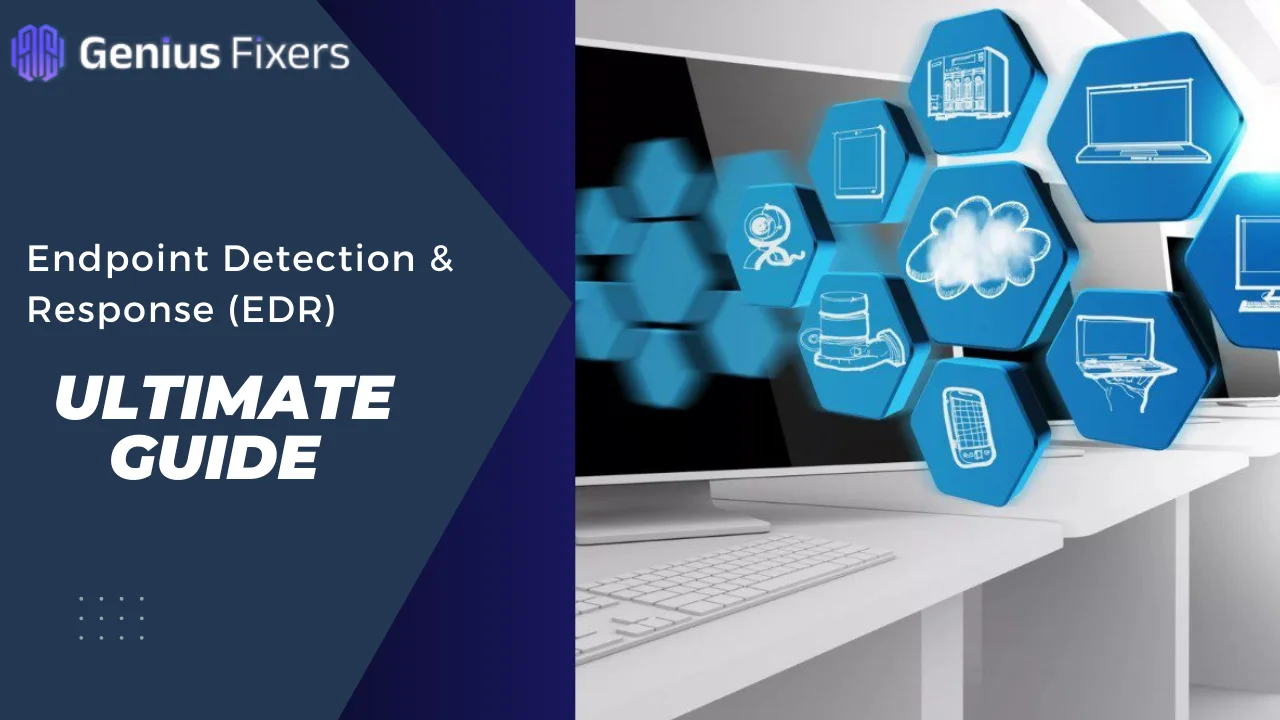
Endpoint Detection & Response (EDR): An Ultimate Guide
Businesses manage or store sensitive data which require protection from cyber threats. This is where cybersecurity services like ours play an imperative role. Due to the variety of such threats and assets that demand security, this domain has further divisions too.
In fact, today, we will discuss one of the types, called endpoint detection and response. This guide will state the basics, alongside its process, advantages, limitations and our role.
What Is Endpoint Detection & Response (EDR)?
Let’s begin with answering: what is EDR? You might already know it is an abbreviation of the cybersecurity kind we mentioned above. To elaborate it further, it is a solution, which revolves around various aspects, including data collection on end user devices as well as constant monitoring. This is valuable in detecting possible cyber threats.
Now, the endpoint here means the point where the communication path ends. In the world of technology, this refers to devices, such as desktops, smartphones, laptops, tablets, servers and Internet of Things devices.
Primary EDR Features
- Constant Endpoint Monitoring: EDR constantly accumulates data from endpoints.
- Analyzing Behavior: It detects anomalies and even uses machine learning to enhance accuracy.
- Automated Responses: In order to contain threats, it can automatically respond.
- Centralized Management: Consoles are provided for managing endpoints.
- Cloud-based Management: This is helpful in remotely monitoring the endpoints.
Various Strategies
- First and foremost, the process requires the installation of agents on endpoints to amass data.
- The key activities for this data collection are process execution, file system changes, and user logins.
- Afterward, the centralized EDR platform analyzes this data after receiving it.
- The analysis points out what is different from normal behavior patterns.
- Oftentimes, there is the integration with threat intelligence feeds.
- Upon the detection of suspicious activity, the EDR system generates alerts for analysts.
- The analysts then determine its intensity and nature.
- Confirmation of a threat leads to taking certain actions, such as isolating infected endpoints.
- EDR also lets the team follow a proactive approach and find hidden threats.
What Are EDR Cyber Security Benefits?
There are many plus points of this cyber security for businesses. For example, enhanced threat detection, which is helpful for identifying advanced threats. Also, the monitoring aspects take a huge part in this diagnosis. These solutions are swift in taking action, resulting in the minimization of the impact of breaches.
Furthermore, such managed services can create a robust security posture by addressing the vulnerabilities and comprehending the endpoint behavior in a better way. This also leads to reduction in false positives, letting security personnel concentrate more on real threats. Another good aspect is the efficient use of money due to less or no exposure to losses.
Limitations
- It aims at the endpoint devices only. Therefore, looking into network-wide activities is not something EDR can offer.
- This solution is not capable of detecting attacks that target cloud infrastructure.
- There is a possibility that attackers can bypass endpoint monitoring.
- It is essential to recruit highly knowledgeable analysts to analyze the massive amount of data that endpoint threat detection generates.
- A considerable infrastructure is essential for storing and analyzing this data.
- The creation of a high volume of alerts leads to alert fatigue.
Tips to Choose an EDR Solution
Prior to opting for providers like Genius Fixers, you must first know why you want to invest your money in such solutions. Maybe you do not own an expert IT team, or they are not aware of what is happening with the user endpoints. Also, this is a 24/7 job. Hence, you need people to do constant monitoring.
Therefore, when selecting such a service provider, you must determine their expertise. They should be wide-ranging, covering areas like operations, threat hunting, research, security engineering, and data analysis.
The Role of Genius Fixers in Providing EDR Services
If you lack in-house resources, we are glad to help anytime you require. Our managed endpoint detection and response is backed up by expertise in relevant technologies and analysis. Due to our access to advanced threat intelligence feeds, we can effortlessly identify what threats are emerging. Also, we have adequate experience in handling complex tasks.
Our experts can thoroughly investigate the incident to know its root cause. This is helpful in preventing future cases as well. On the other hand, we are highly cost effective.
Wrapping Up
The above article showcased what EDR is. In actuality, it is a cybersecurity solution that constantly keeps an eye on the endpoints, such as laptops, desktops, servers and smartphones. The purpose of such a monitoring is to recognize doubtful behavior and ultimately protect the devices or minimize the harmful consequences.
Businesses can either hire an in-house IT team to perform such tasks or depend on third-party providers like us. However, it is imperative to comprehend the EDR limitations earlier as well, which include the ability to only monitor endpoints. Also, it cannot detect the attacks that are aiming at the cloud infrastructure.
There is a chance that cybercriminals can bypass endpoint monitoring. Companies have to hire highly knowledgeable security analysts because EDR solutions generate huge amounts of data, which requires analysis.
FAQs
1: Why are endpoint detection and response solutions important for businesses?
The evolution of cyber threats is one of the reasons why businesses should focus on EDR solutions. This way, they can relish advanced threat detection, real-time monitoring and instant responding.
2: How is EDR different from EPP?
EPP is short for endpoint protection platforms. They both are security solutions. Nevertheless, the prime focus on EPP is to prevent the threats from reaching the endpoints. On the other hand, the responsibilities of EDR include detection and response.
3: Do you provide endpoint detection and response services?
Yes, we provide EDR services. We have a team of experts to efficiently do the job for you. Call us anytime to savor our pay-as-you-go price plan for these services.
4: How can you define the EDR principle?
Rapid detection and response are basically included in the EDR principle. Such solutions provide in-depth visibility into endpoint activity. Moreover, they continuously monitor and collect data.

